University Network for Human Rights Establishes New Headquarters on Campus
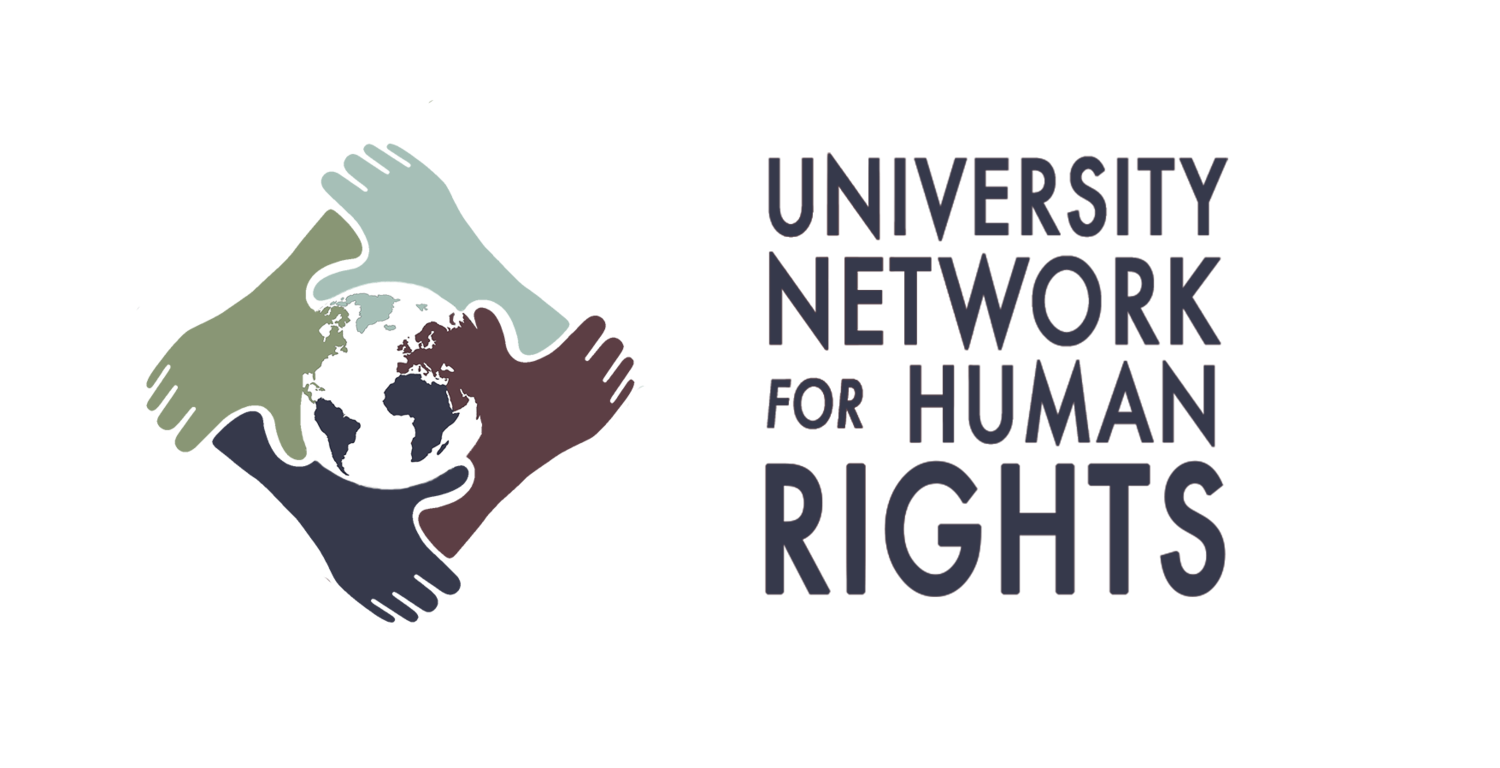
This year, the University Network for Human Rights established its headquarters at Wesleyan. Comfortably ensconced in Horgan House on Pearl Street, the network is equipped with an espresso machine and a generous assortment of teas for student use. The building’s book collection, marvelous in itself, is now enriched further with Professor Jim Cavallaro’s stacks on international law, human rights, and the global order. The space feels contradictory—relaxed yet professional, distant from yet integrated with campus life.
The University Network for Human Rights is a non-profit organization that offers undergraduate students at universities across the country opportunities to learn and engage in closely supervised human rights fact-finding, documentation, and advocacy. Mainly the project of former law professor Cavallaro, and former clinical instructor Ruhan Nagra, the network expanded to Wesleyan and to other schools in the New England region over the past year.
The field of human rights has come under a lot of criticism in recent years. Critics such as political scientists Samuel Moyn and Katherine Sikkink claim that human rights advocacy is opportunistic, perpetuates savior complexes, and in effect, prolongs injustice. Other critics question the existence of human rights outside of a Western, Christian, liberal definition. The University Network, in line with those critiques, seeks a restructuring of harmful institutions and practices.
“Human rights, if it is going to be relevant, cannot and should not be a limited tweak on a global system that is profoundly unjust,” Cavallaro said. “If it is going to be relevant, it needs to respond to the legitimate demands of those who in effect have been excluded from the benefits of the new liberal, globalized world.”
The mission of the University Network is to shift the current discourse and change human rights practices to be bottom-up and collaborative instead of prescriptive. The network focuses on partnerships with organizations and individuals affected by an abusive state, corporate, or private conduct.
“The most important principle is that our work is community-driven,” Nagra said. “We partner closely with directly affected communities who see some role for us to play and want our involvement, and they determine how we are involved…. We brainstorm together.”
It all began with Cavallaro’s attempt to make the human rights movement more accessible. While teaching human rights law to graduate students at Stanford, he noticed that the field of human rights was becoming increasingly professional and legal. A 30-year veteran human rights advocacy, Cavallaro felt that the movement was losing its original intention and underrepresenting the voices and interests of people who are most impacted by abuses.
“The human rights movement has moved away from grassroots and social justice motives over the last few decades, with noxious effects for human rights advocacy,” Cavallaro said.
While he was once a lawyer himself, Cavallaro believes that in the future, advocacy should not require a law degree. In practice, he claims that legal training can even limit more creative forms of conflict resolution. However, there are few institutional frameworks that provide students with the practical training necessary to envision a career in human rights advocacy outside of law.
“While in universities throughout the country there are opportunities to study human rights, there are virtually no opportunities to engage in supervised, structured human rights and social justice work—that is what we want to change,” Cavallaro said.
In response to these concerns, Cavallaro started a human rights advocacy seminar at Stanford University for undergraduate students studying diverse disciplines. Students learned about and engaged in human rights advocacy, practically and theoretically. The seminar is now taught at both Wesleyan and Amherst College. As the network grew, it developed ties with partners and took on more projects. Students work directly with University Network staff to shape and to actualize advocacy proposals, and to conduct ongoing research.
“One of the great things about the University Network is that now, we have the institutional framework to pass these projects along from just planning to actual mobilization,” Josh Peterson, Development Officer of the University Network, said.
The seminar is just one part of a pilot program the UNHR launched this year. Out of the students enrolled in the seminar, eight will participate in an intensive human rights advocacy simulation in Puerto Rico this December to gain practical advocacy experience. Four of those eight students will then travel to Louisiana with University Network staff in January to conduct research and fieldwork for one of the network’s ongoing projects.
The network will also soon launch an eight-week intensive summer program at Wesleyan. In addition to logistical, theoretical, and practical training in human rights advocacy, it will offer diverse modules on videography and journalism. Participating students will continue to work with the network the following year through independent study.
Going forward, the network hopes to partner with student groups and to cultivate interest in establishing school chapters at different schools. It also hopes to expand the geographic survey of the people able to participate in its summer program, and in general.
“In the future, we don’t want a student’s educational or economic background to determine who can participate in our program,” Peterson said. “We are looking to continue to diversify our organization and mobilize to ensure that we are providing this education to as many interested and engaged people as possible.”
Steph Dukich can be reached sdukich@wesleyan.edu.


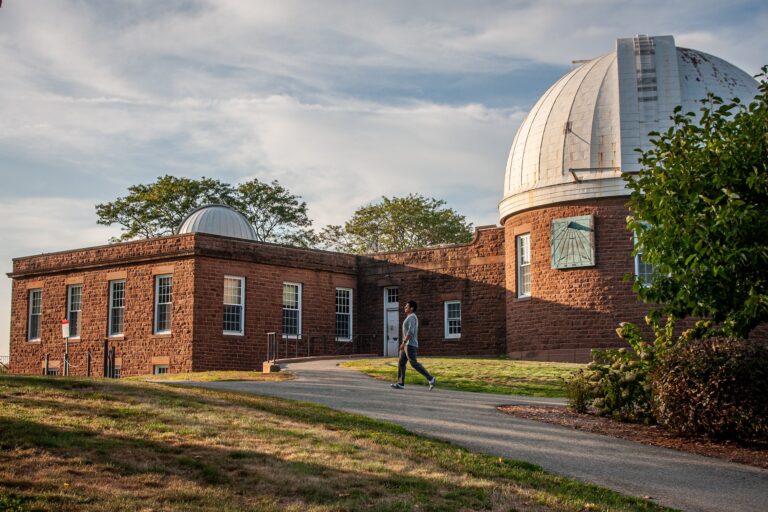
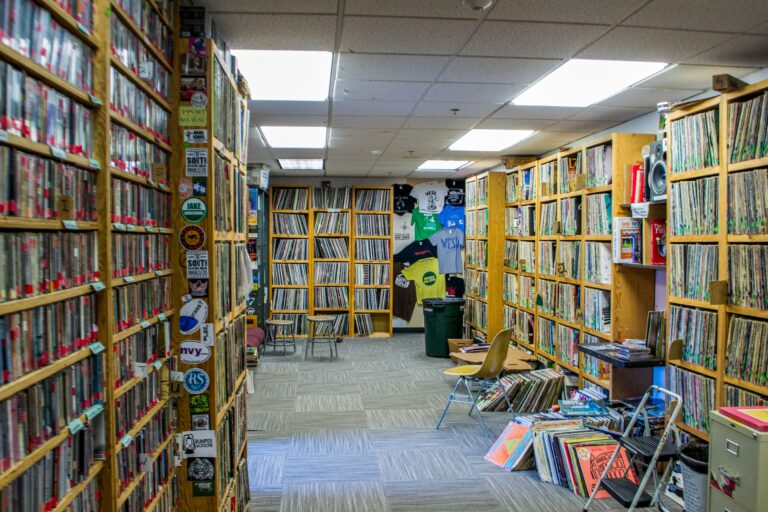
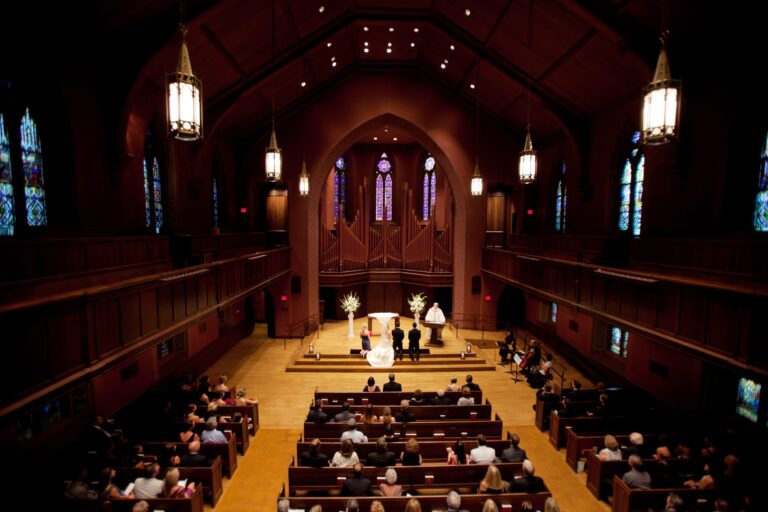
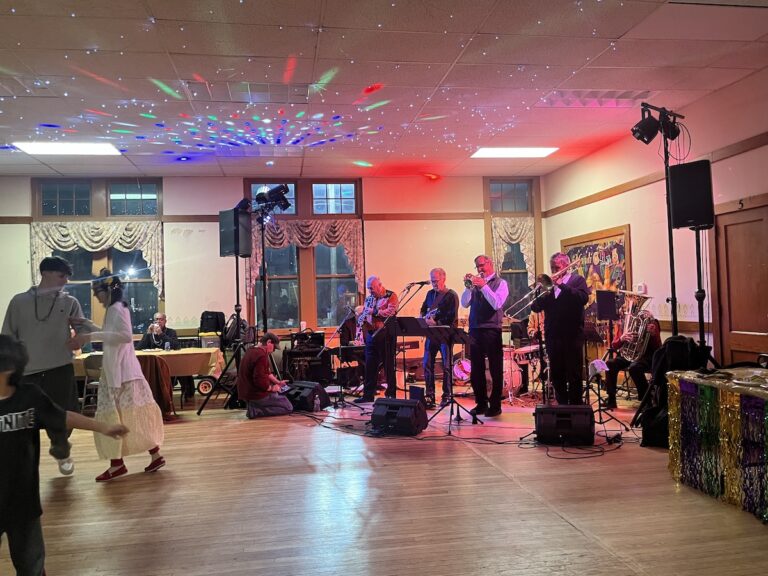

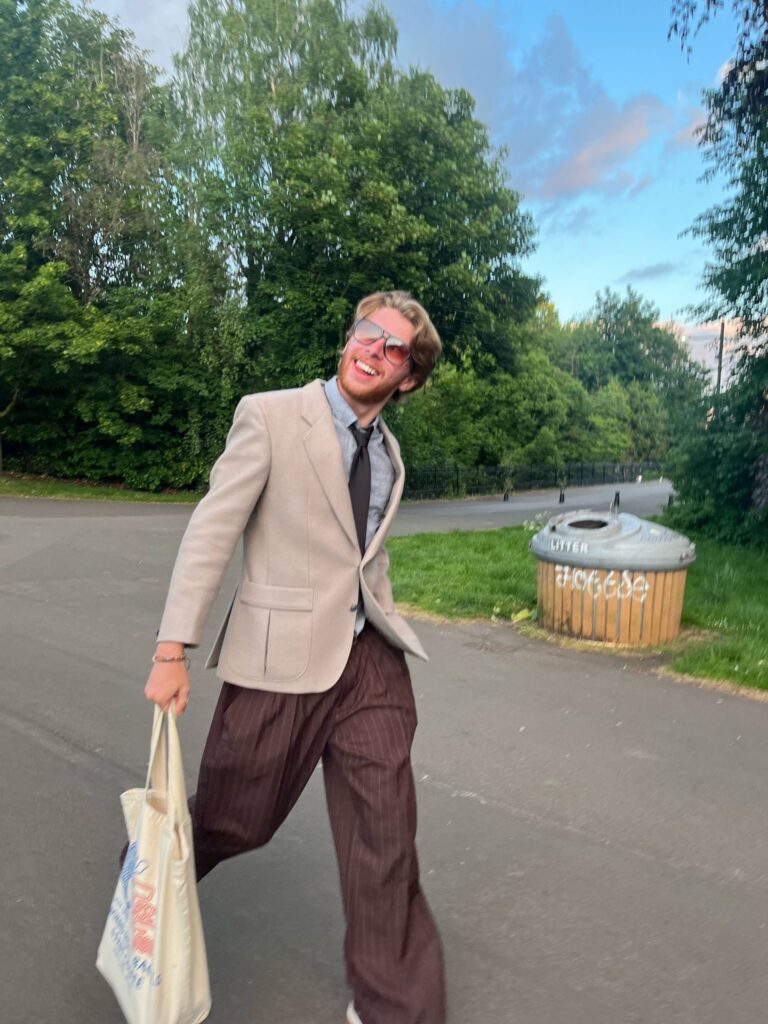
Leave a Reply